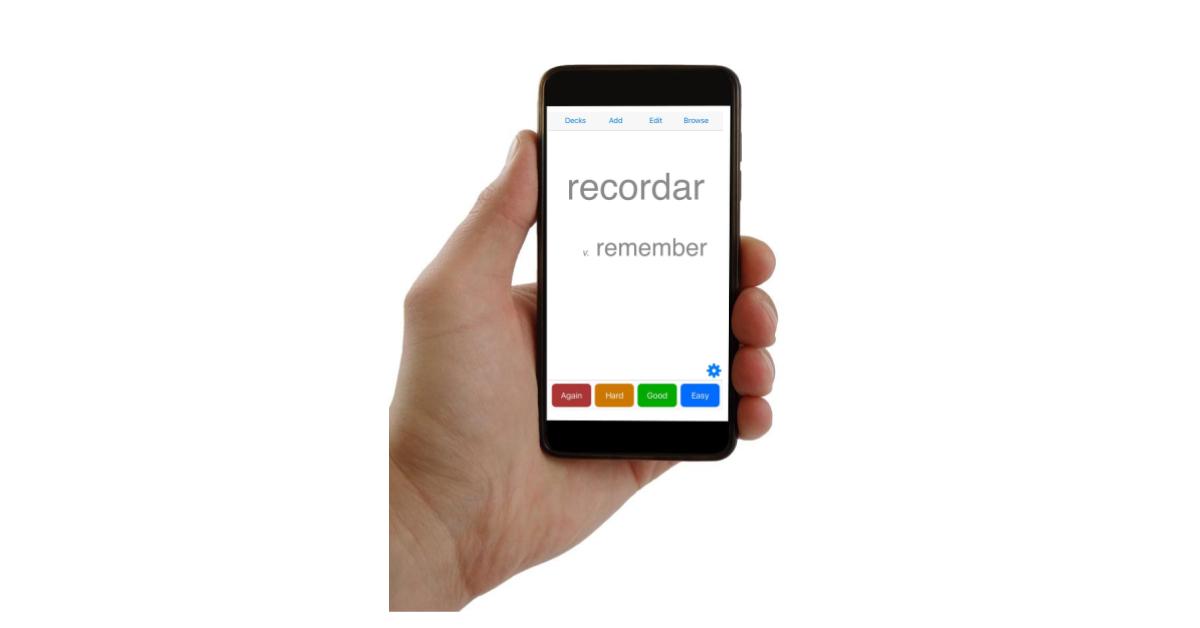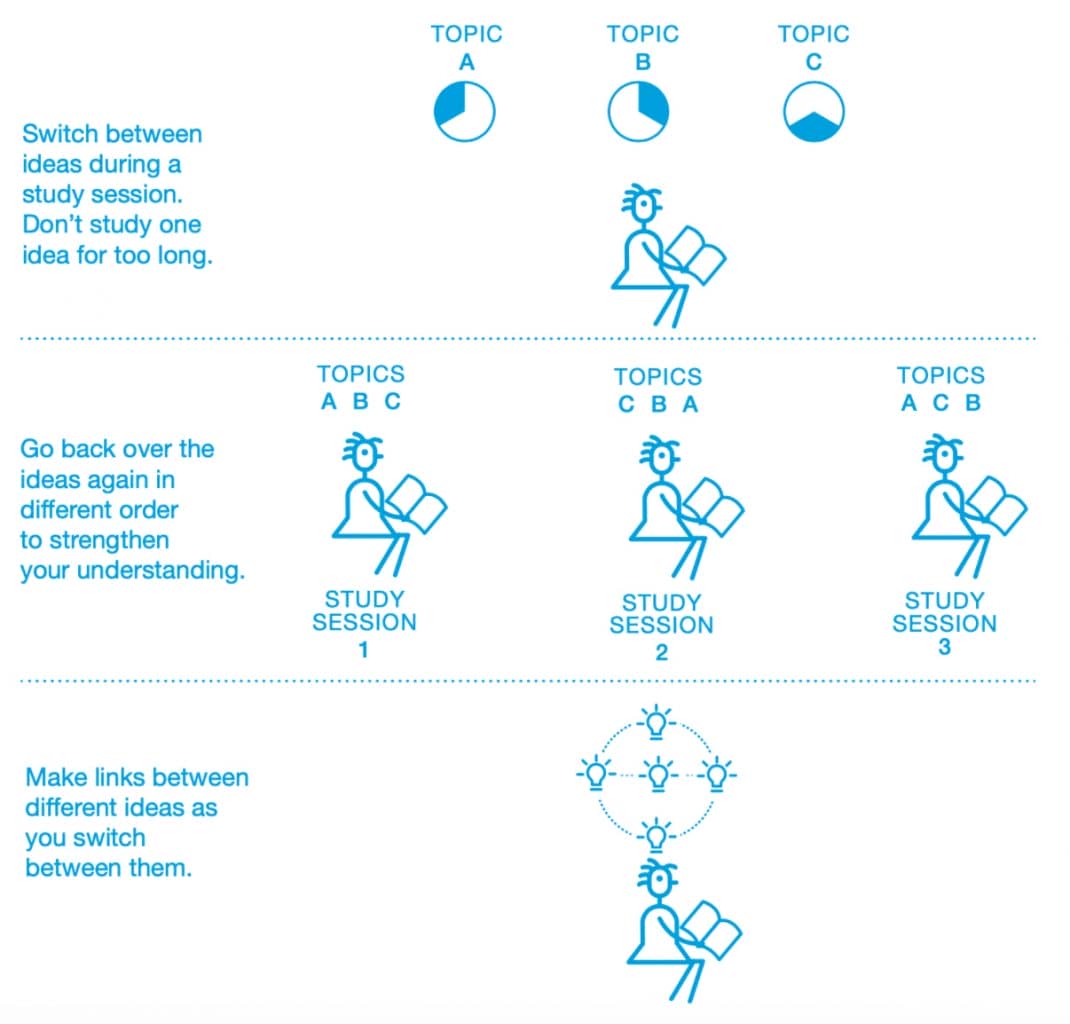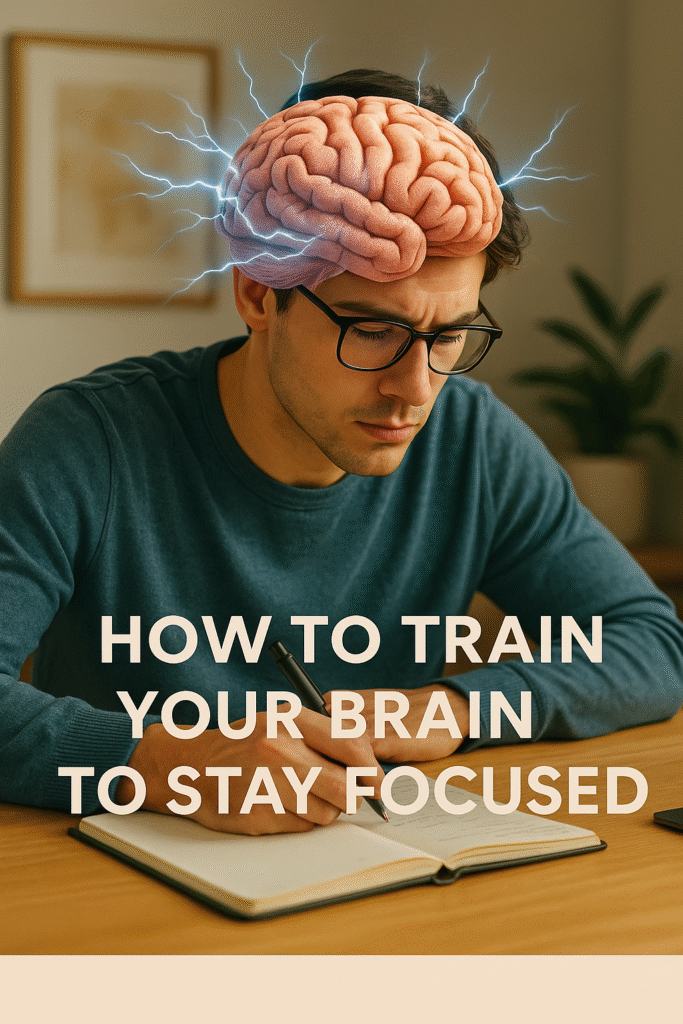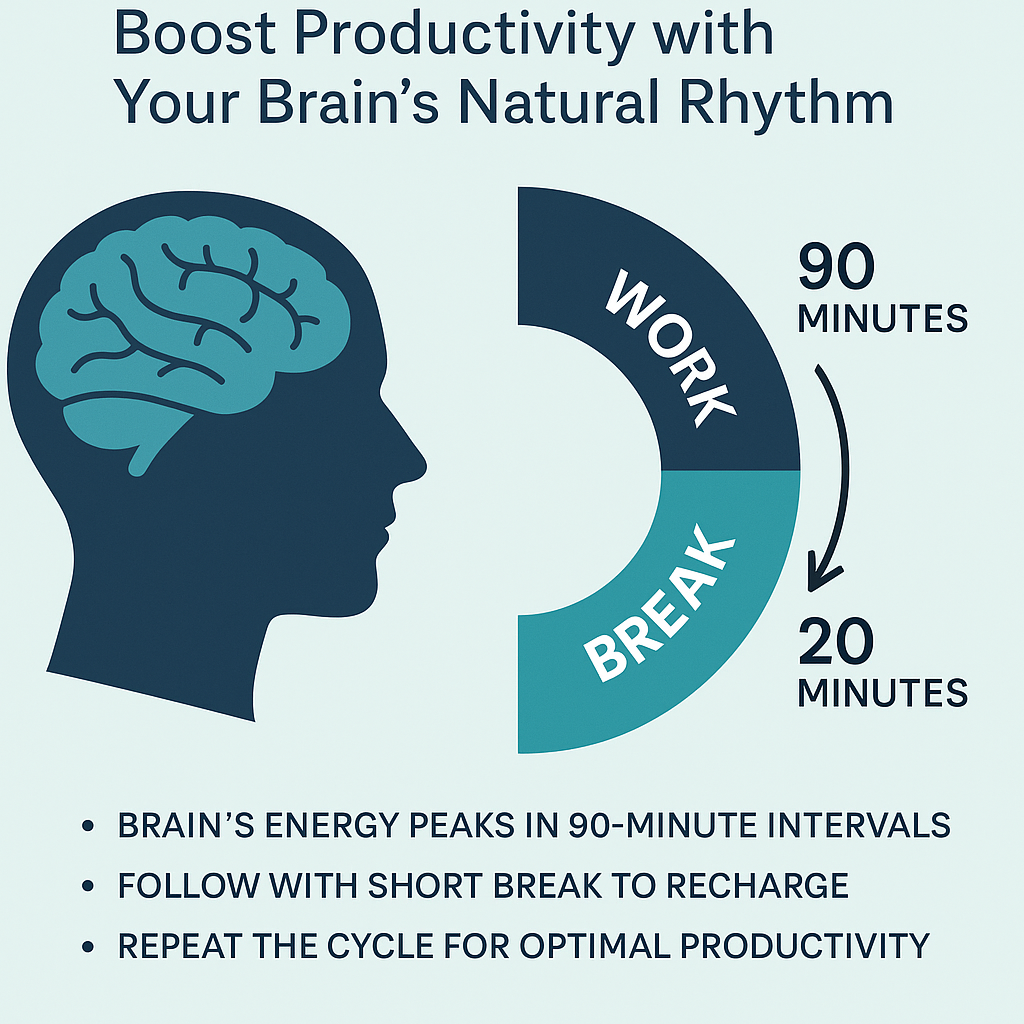🎓 Introduction
You’ve been told to “study harder” your whole life. But science says that how you study matters way more than how long.
In this article, you’ll learn 5 research-backed study techniques that help you focus better, retain more, and perform at your best — whether you’re prepping for exams or just trying to learn smarter.
1. Spaced Repetition
🧠 What it is:
Studying the same material over increasing intervals of time.
📊 Why it works:
Research shows that your brain remembers more when you review over time, not all at once. It fights the forgetting curve.
📌 How to do it:
- Use apps like Anki or RemNote
- Schedule quick reviews: Day 1 → Day 3 → Day 7 → Day 14
✅ Example:
Instead of rereading notes daily, test yourself on the same topic after 1 day, 3 days, and a week.

2. Interleaved Practice
🔁 What it is:
Mixing different topics or subjects during a single study session.
📊 Why it works:
Studies show that switching between topics builds flexible understanding and helps you apply knowledge in new ways.
📌 How to do it:
- Don’t block 2 hours for just math. Instead: 30 mins math → 30 mins biology → 30 mins history → Repeat
✅ Pro Tip:
This technique helps especially in subjects like math, science, and languages.

3. Retrieval Practice
📝 What it is:
Actively trying to recall what you’ve learned without looking at your notes.
📊 Why it works:
According to a 2011 study in Science, retrieval practice can double memory retention vs. passive review.
📌 How to do it:
- Close your book and write down everything you remember
- Teach it to someone else
- Take practice quizzes
✅ Example:
Write out all the steps of a biology process from memory — then check for accuracy.

4. Dual Coding
🖼️ What it is:
Combining visual and verbal information for stronger memory.
📊 Why it works:
Brains remember images and words better together. This is supported by cognitive theory and widely used in education design.
📌 How to do it:
- Turn notes into mind maps, infographics, or flashcards with images
- Watch videos that explain with both narration and visuals
✅ Pro Tip:
Use tools like Canva, Milanote, or even paper sketching.

5. The Leitner System
📚 What it is:
A smart flashcard method that focuses on reviewing what you forget, not what you already know.
📊 Why it works:
It keeps review efficient by moving mastered cards to a slower review schedule and repeating hard ones more often.
📌 How to do it:
- Use a physical card box or a digital tool like Anki
- Correct answers move cards to the next box
- Wrong ones stay in Box 1 for frequent review
✅ Example:
Flashcards you always get wrong will appear daily until mastered.

🎯 Final Thoughts
You don’t need to study more — you need to study smarter. These five techniques are backed by research, used by top students, and easy to start today.
Pick just one and try it this week. Then build your study system from there.
📥 Call to Action
👍 Found this useful?
💬 Leave a comment or share with a study buddy.
📬 Want more science-backed study tips? Subscribe to MindFactual now.




